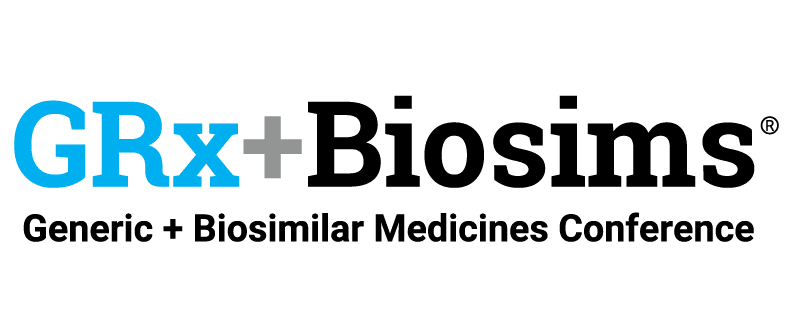New Report from Biosimilars Council Reveals PBM Strategy to Protect $2 Billion in Profits By “Strangling” Biosimilar Market and Preventing Savings for Patients
WASHINGTON — Today, the Biosimilars Council, the leading trade association representing manufacturers of biosimilar medicines, released a new analysis of IQVIA data revealing health plans and patients missed out on savings up to $6 billion as a result of rebate schemes by pharmacy benefit managers. The report highlights the strategy created by pharmacy benefit managers (PBMs) to protect $2 billion in profits by suppressing adoption of lower-cost versions of the brand drug Humira®, once the best-selling drug in the world.
“Rebate and fee revenue tied to the list price continues to maintain a stranglehold on coverage decisions, to the detriment of patients and ultimately payers,” said Craig Burton, Executive Director, Biosimilars Council. “Even when plans cover the biosimilars, they place the biosimilar on parity with the higher-priced brand and remove any incentive for patients to use the lower-cost biosimilar. It is critical that Congress enact legislation to rein in such PBM abuses.”
In the past year, multiple biosimilar alternatives to Humira® launched in the U.S. Despite price discounts of greater than 80 percent, biosimilar adoption has been disappointingly slow, achieving less than two percent market share.
IQVIA found that adalimumab biosimilars offer up to $6 billion in potential savings to the U.S. healthcare system; however, switching all U.S. patients would lead to an estimated 84 percent decrease in PBM profits. Because the majority of branded adalimumab is dispensed by large specialty pharmacies, a switch would also represent a potential loss of revenue for these business that frequently share corporate ownership with PBMs. IQVIA also found that, even when rebates are taken into account, lower wholesale acquisition cost (WAC) biosimilar options have lower net costs for employers and patients.
The IQVIA analysis shines a light on the perverse incentives causing this slow adoption:
- Continued PBM reliance on rebates and fees that are tied to brand drug high list prices; and,
- PBM practice of rewarding their vertically-integrated in-house specialty pharmacy networks compared to independent specialty and retail pharmacies.
![]()
“Today’s report highlights a key barrier to biosimilar adoption,” said David Gaugh, interim President and CEO of the Association for Accessible Medicines. “PBM decisions to continue covering the brand Humira® resulted in a loss of $6 billion in potential savings for patients and commercial and employer health plans – all because full coverage of the biosimilars would have reduced PBM and their vertically integrated specialty pharmacy profits by about $2 billion. It is critical that Congress and the Administration move quickly to ensure rapid adoption of biosimilars, to the benefit of patients.”
